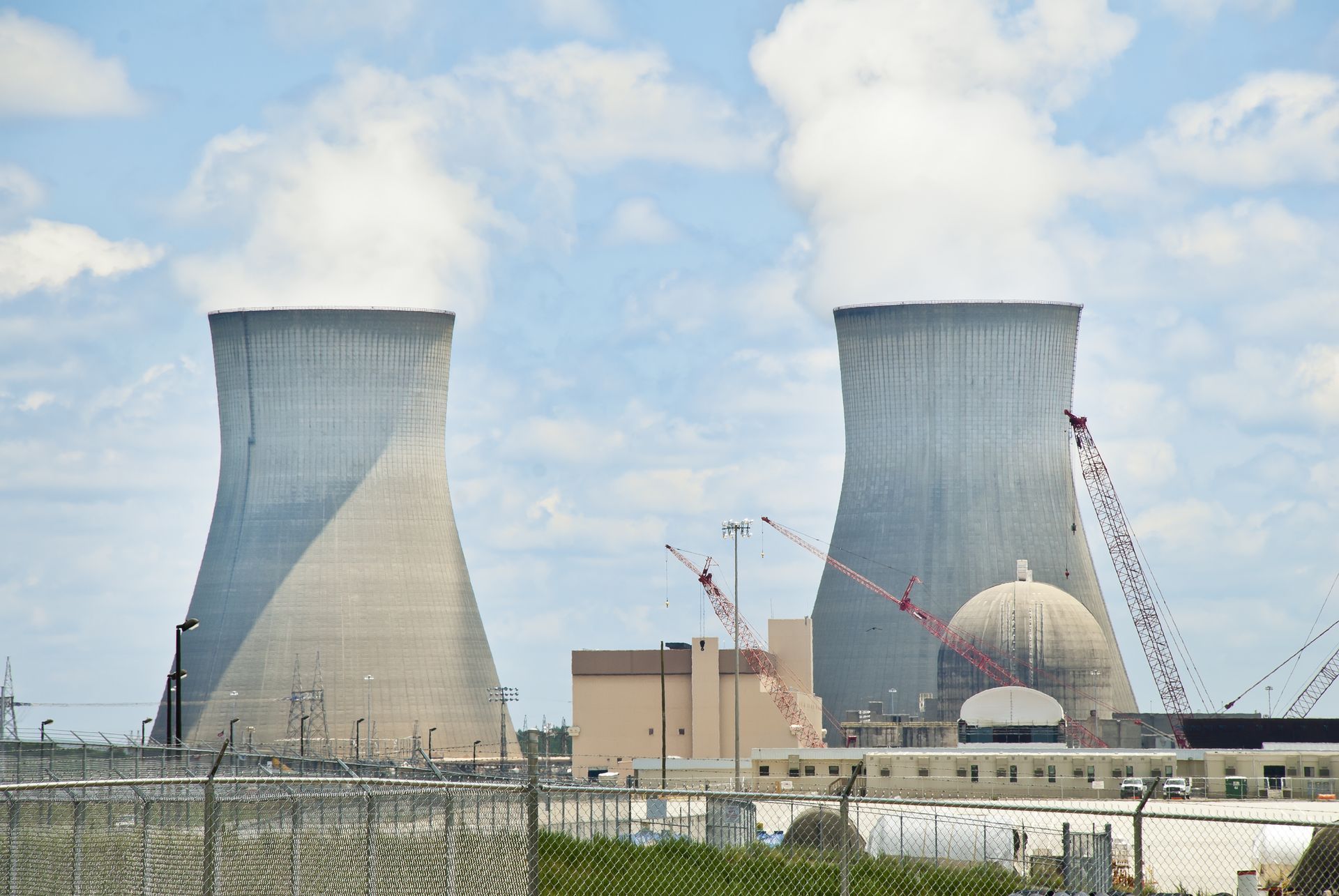What Should Be America's Energy Priorities?
June 27, 2024

Since 2010, the United States’ oil and gas production has tripled, surpassing Saudi Arabia and establishing the United States as a global energy leader. The United States meets over 20% of the world’s oil needs and 25% of its natural gas consumption. As the 2024 Presidential Election approaches and the Biden administration continues to show hostility towards multiple forms of energy — including halting LNG projects — a question should be posed: how might a potential Trump administration prioritize and execute its agenda at the Department of Energy?
The first step is ensuring President Trump has access to the proper Executive Orders on Day One of his administration. The first should be a comprehensive review of existing Biden administration Executive Orders. Under Joe Biden’s leadership, the current Executive Branch policy framework is fragmented with various directives issued by different departments, leading to a patchwork of regulations that lack cohesion. To ensure that a streamlined and effective energy policy framework is established, the U.S. Department of Energy must closely coordinate with other key government departments — including the Department of the Treasury, the Environmental Protection Agency, and the Department of Interior. This unified approach will reassure the public and stakeholders of the effectiveness of administration policies that address the nation’s energy needs.
Energy-related policies across various offices should be developed and implemented in consultation with the Department of Energy Secretary or Undersecretaries. Current policies, shaped by President Biden’s Executive Orders prioritizing climate change, have diverted the Department of Energy’s focus from its core missions, undermining American energy security and national defense. Political appointees, senior executives, and career employees must receive clear guidance to realign the Department of Energy’s activities with this revised mission.
The United States also must prioritize enhancing cyber and physical security measures for our nation’s energy infrastructure. These enhancements are critical to our national security and our economy's future growth potential. The next Trump administration can prioritize safeguarding these assets against emerging threats that could disrupt American energy security, compromise sensitive data, and endanger public safety.
This includes robust measures to protect energy infrastructure and prevent the infiltration of energy control systems via compromised components or cyber-attacks. There must be a particular focus on inverter-based resources — such as wind and solar — which, if disrupted, can significantly impact the grid. To effectively address these threats, better coordination among federal agencies, including the Cyber Information Security Administration under the leadership of the Department of Energy’s Office of Cybersecurity, Energy Security, and Emergency Response, is essential.
Nuclear energy is the future of our nation’s energy potential, and we must prioritize it. The Department of Energy should precisely realign its mission to prioritize nuclear energy security and advanced science. This involves focusing on essential missions such as developing Small Modular Reactors and Advanced Modular Reactors and preventing nuclear proliferation. The Department of Energy’s energy priorities should emphasize security, reliability, affordability, and deployment.
Eliminating the use of Community Benefit Plans and the Justice40 initiative as conditions for receiving Department of Energy funds is essential to ensuring that federal energy funds and grants are allocated based on merit and without bias.
These requirements — rooted in Executive Orders like E.O. 14008 — mandate that applicants submit plans that allocate 40% of the benefits to disadvantaged communities and adhere to priorities such as equity and union labor commitments. While well-intentioned, these policies can exclude qualified workers, enforce race-based criteria, and impose unnecessary costs. Many projects the Department of Energy has funded are stalled because the sector cannot fulfill the discriminatory demands for certain workers.
By repealing these mandates, the Trump administration can refocus on enhancing energy security, improving affordability, and advancing scientific research without engaging in social engineering. This approach ensures that funding decisions are made based on technical merit and national interest, benefitting all Americans fairly and equitably.
The Government Accountability Office recently raised concerns that the Department of Energy’s policy to ensure domestically manufactured technologies might deter investors from participating in our economy. Despite the 2021 expansion requiring Department of Energy-funded technologies to be manufactured in the United States, the Government Accountability Office found that the policy lacks a strategic impact assessment and is inconsistently enforced. This inconsistency — particularly among National Labs and universities — risks these technologies being less attractive to prospective licensees and potentially falling into foreign hands, hindering U.S. scientific dominance.
It is crucial to refocus the mission of our National Labs on fundamental basic and applied science. The Department of Energy oversees 17 National Laboratories, and these institutions have historically been at the forefront of groundbreaking research and innovation. However, recent policies have diverted their focus towards social justice initiatives. We can maximize their potential by realigning the labs to prioritize basic research and scientific excellence. Additionally, enhancing security measures to protect against foreign espionage ensures that taxpayer-funded research and development can be commercialized.
Looking toward the November Presidential Election, a new Trump administration must address the United States' significant role in the global energy landscape. To execute its priorities, the Trump administration should have a comprehensive review and effective energy policy. This “whole-of-government” approach, involving close coordination with other key Departments, will promote economic growth and strengthen national security.
It is critical to focus on the cyber and physical security of energy infrastructure and realign the Department of Energy’s mission to prioritize nuclear energy and advanced science. By eliminating specific initiatives, the administration can ensure that federal energy funds are merit-based. Refocusing the National Labs on fundamental research and protecting against foreign espionage will enhance the United States’ scientific dominance and serve national interests.
Kyle Wiley, a former Senior Advisor at the U.S. Department of Energy, is Chief Accounts Officer at Connector, a boutique government relations firm with offices in Washington, D.C., and Dallas, Texas.
